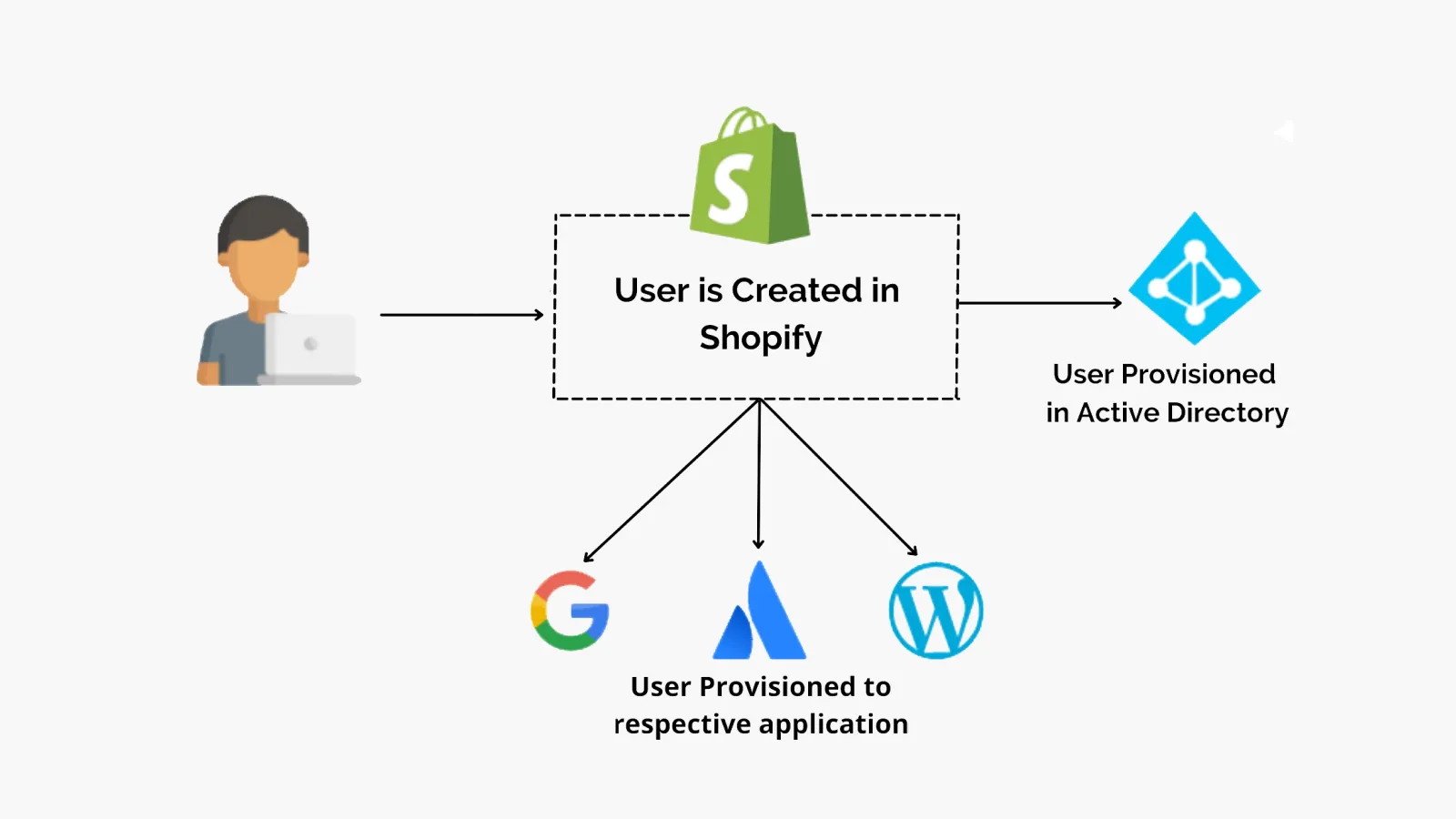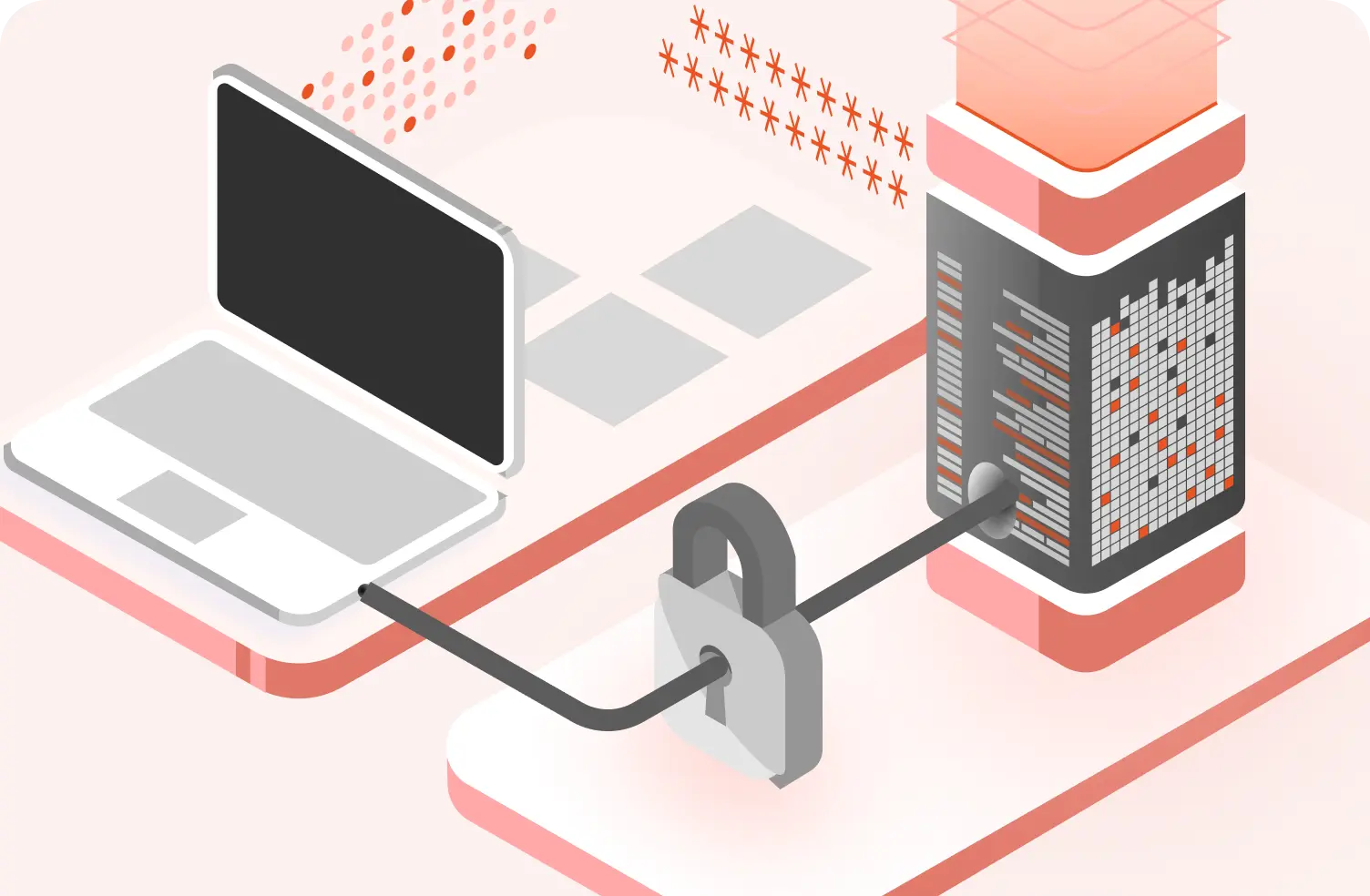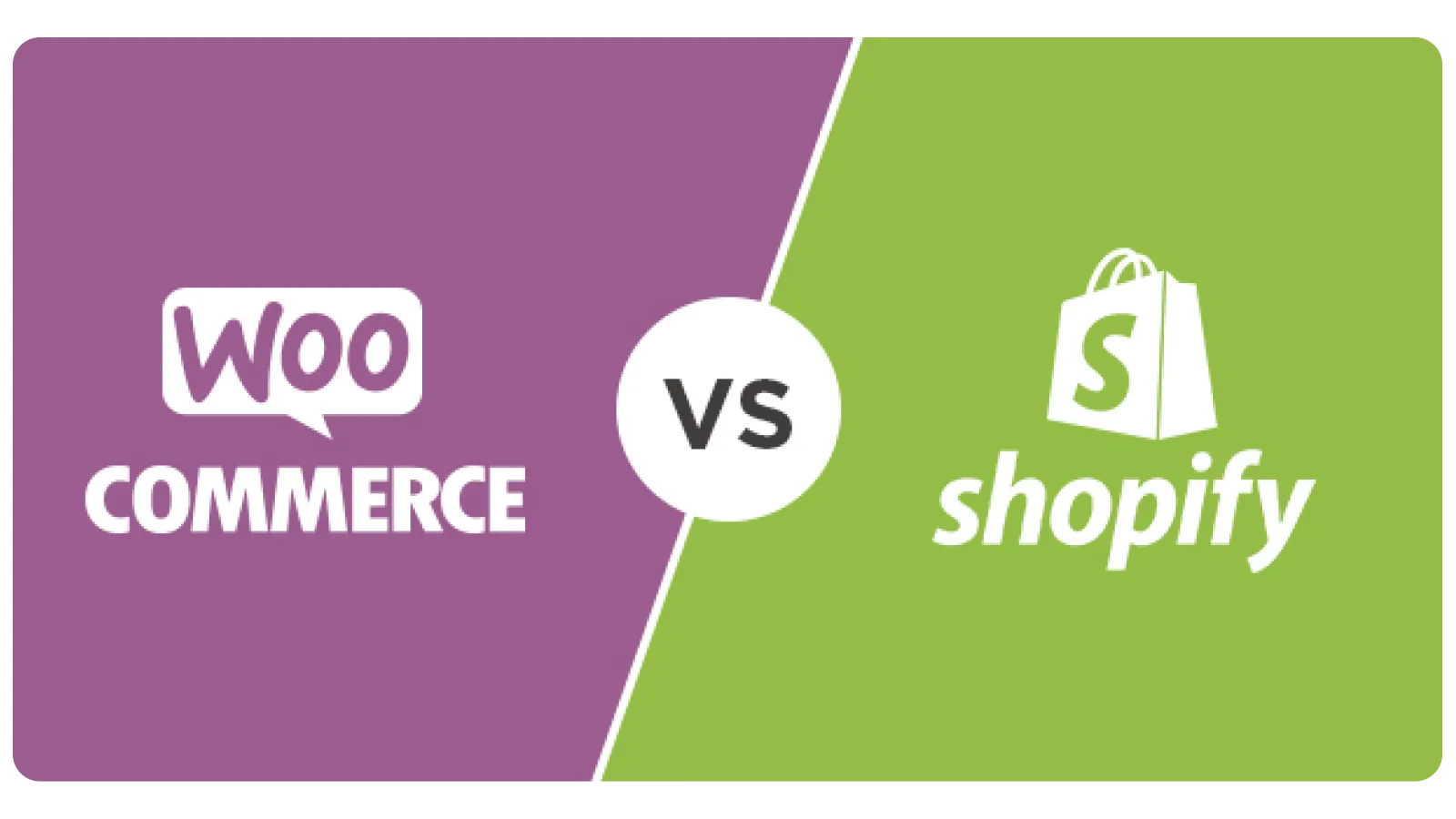In today’s world of constant cyber threats, securing your business is no longer an option, it’s a necessity. miniOrange helps organizations of all sizes strengthen their security posture. Small businesses are just as much a target as large enterprises, making it critical to strengthen defenses beyond passwords. That's where the Benefits of Multi-Factor Authentication come into play. By adding extra layers of verification, you can safeguard your systems, protect sensitive data, and keep operations running smoothly.
The miniOrange Authentication Solution empowers small businesses to implement robust security without complicating user access. Understanding how multi-factor authentication works is key to appreciating the importance of MFA it ensures that even if a password is compromised, attackers can’t easily break in. Learn why use MFA, why MFA is important, and how miniOrange can help you build a safer, smarter business environment.
What is Multi-Factor Authentication?
Multi-Factor Authentication (MFA) is a security method that requires users to verify their identity through two or more distinct factors before accessing an account or system. Even if one credential is compromised, the additional verification steps make it extremely difficult for attackers to break in. The miniOrange MFA Product offers businesses an easy and reliable way to implement advanced authentication, enhancing security without affecting user experience. Understanding the Benefits of Multi-Factor Authentication is key to protecting your sensitive data, whether on devices, networks, or cloud platforms. MFA typically combines:
- Something you know – like a password or PIN
- Something you have – like a mobile device, smart card, or hardware token
- Something you are – like a fingerprint, facial scan, or other biometric data
Why Use MFA? Understanding Its Growing Importance
As cyber threats grow more sophisticated, relying on passwords alone is no longer enough to protect sensitive business data. Multi-Factor Authentication (MFA) adds critical layers of security, making it significantly harder for attackers to gain access.
Protection Against Credential Theft
Credential theft remains one of the most common tactics used by cybercriminals. MFA prevents attackers from gaining access even if they steal a password, by requiring additional verification factors like a mobile device or biometric scan. This layered defense is crucial for blocking unauthorized entry and safeguarding business-critical systems.
Reducing Reliance on Passwords
Passwords alone are weak, often reused, easy to guess, or stolen through phishing attacks. MFA minimizes the risks associated with compromised passwords by enforcing a second or third verification step before granting access. As a result, businesses can greatly lower their exposure to credential-based attacks without burdening users with complex password policies.
Meeting Compliance and Regulatory Standards
Many industries now mandate MFA to strengthen security. Frameworks like PCI-DSS, HIPAA, and PSD2 require multi-factor authentication to prevent unauthorized access to sensitive systems and data. Implementing MFA not only improves protection but also helps businesses meet critical regulatory requirements, avoiding hefty fines and reinforcing customer confidence in their security practices. This highlights why MFA is important from a compliance perspective.
Customizable Security Solutions
One of the key Benefits of Multi-Factor Authentication is its flexibility. MFA can be tailored to meet different security needs, from simple two-factor authentication setups to more advanced configurations using biometrics or hardware tokens. The miniOrange Authentication Solution allows businesses to choose the right authentication factors based on their user environment, balancing security with ease of use.
Compatibility with Single Sign-On (SSO)
MFA works seamlessly alongside Single Sign-On (SSO) solutions, offering secure access without complicating the login process. By combining MFA with SSO, businesses can streamline authentication across multiple applications, minimize password fatigue, and improve productivity, all while maintaining strong security across the network.
Scalable for Changing User Bases
As businesses grow, so does the number of users, devices, and access points. MFA solutions are highly scalable, allowing organizations to extend security measures to employees, customers, and partners with ease. Whether onboarding new users or integrating new systems, multi-factor authentication adapts quickly, providing consistent, reliable protection across expanding infrastructures.
Benefits of Multi-Factor Authentication
The Benefits of Multi-Factor Authentication go beyond just stronger security. Let us take a look at some of them.

Improved Login Security
Traditional password-only systems are no longer enough in today’s threat landscape. By requiring multiple factors for identity verification, MFA drastically reduces the risks associated with stolen, guessed, or weak passwords. The miniOrange MFA Product helps secure critical business accounts with a layered authentication process, ensuring that even if one credential is compromised, unauthorized access is still prevented.
Enhanced User Trust and Confidence
Customers and employees expect strong security measures that protect their data without causing frustration. Implementing MFA reassures users that their sensitive information is safeguarded, building lasting trust and loyalty. The importance of MFA lies in its ability to deliver high security while maintaining a smooth login experience, boosting confidence in the business’s commitment to cybersecurity.
Versatile Protection Across Apps and Devices
The workplace is no longer tied to a single device or location. Employees access business resources from smartphones, laptops, tablets, and remote environments. MFA offers consistent protection across all platforms, ensuring secure access to cloud applications, internal systems, and mobile devices. With the miniOrange Authentication Solution, businesses can extend robust two-step security verification across all apps and devices, easily adapting to the modern, flexible workplace.
MFA for Businesses: Why it’s a Must-Have
Every modern business needs to prioritize MFA to stay resilient, compliant, and competitive. Here’s why it’s a must have for your business.
Preventing Data Breaches
Data breaches happen due to compromised passwords. MFA significantly strengthens security by adding multiple verification steps, making it extremely difficult for attackers to exploit stolen credentials.
Supporting Remote Work Securely
With employees logging in from different locations introduces new security challenges. MFA adds a strong layer of protection by validating user identity based on location, device, and behavior patterns.
Securing Cloud Applications and VPN Access
As businesses shift to cloud services and remote VPN access, securing entry points becomes critical. MFA safeguards access to cloud applications, company portals, and VPNs by requiring multiple forms of verification.
Why is MFA Important in Today’s Cybersecurity Landscape?
MFA (Multi-Factor Authentication) adds layered protection by requiring users to verify their identity through multiple methods, significantly reducing the risk of unauthorized access.
Rising Phishing and Social Engineering Attacks
Phishing emails and fake login pages trick users into revealing passwords, which are then used to breach systems. MFA stops this chain by requiring a second factor like a mobile app prompt or fingerprint, that can’t be phished, effectively neutralizing these attacks even if the password is exposed.
Increasing Sophistication of Cybercriminals
Attackers now use tools like credential stuffing, AI-driven bots, and dark web-sourced data to automate breaches. MFA counters these methods by making access dependent not just on what you know, but also what you have or who you are.
Real-World Examples of MFA Preventing Threats
Global tech companies like Microsoft and Google report that enabling MFA blocks over 99% of automated account attacks. In 2023, a healthcare provider avoided a massive ransomware attack when MFA prevented an attacker armed with stolen credentials from accessing their internal systems. These cases show that MFA isn't just theory, it works in practice.
How miniOrange Helps with Multi-Factor Authentication
miniOrange offers a robust and flexible MFA solution that integrates easily across cloud applications, on-premise systems, VPNs, and even legacy platforms. With support for over 5,000 pre-integrated apps and seamless APIs, businesses can deploy MFA with minimal configuration and no disruptions to users or existing workflows. Start your 30-day free trial today and experience secure, hassle-free authentication.
What sets miniOrange apart is its advanced feature set: ranging from Context-based Authentication, which dynamically adjusts access policies based on location, device, or time, to modern methods like WebAuthn, enabling secure, passwordless authentication using biometrics or security keys. These features ensure strong protection while maintaining a frictionless user experience.
Read More → Learn more about MFA Authentication
FAQs
What are the benefits of having an MFA?
MFA adds an extra layer of security by requiring multiple forms of verification, reducing the risk of unauthorized access, credential theft, and data breaches.
What is multifactor authentication and why is it important?
Multifactor authentication (MFA) is a security method that requires users to verify their identity using two or more factors: like a password and a mobile prompt. It’s important because it significantly strengthens access control and protects sensitive data.
Why do I need an MFA?
You need MFA to protect your accounts from being compromised even if your password is stolen. It ensures only authorized users can access your systems
What is the point of getting an MFA?
The point of using MFA is to enhance security. It blocks most automated attacks and adds a second layer of defense against phishing, stolen credentials, and other threats.




Leave a Comment